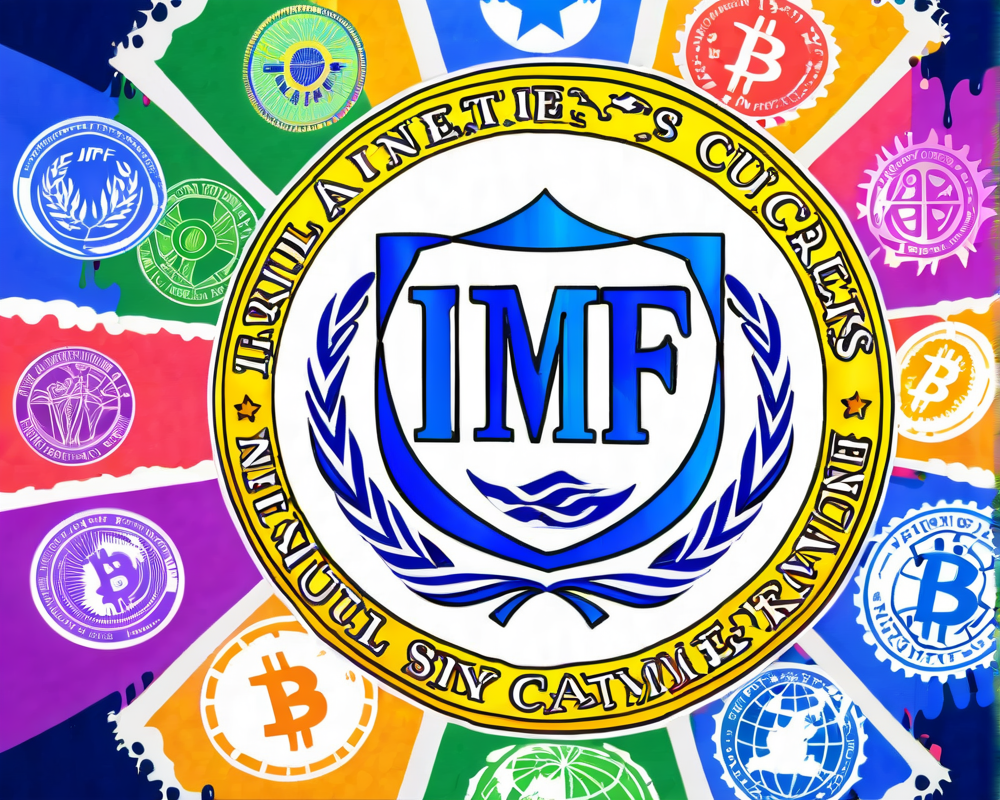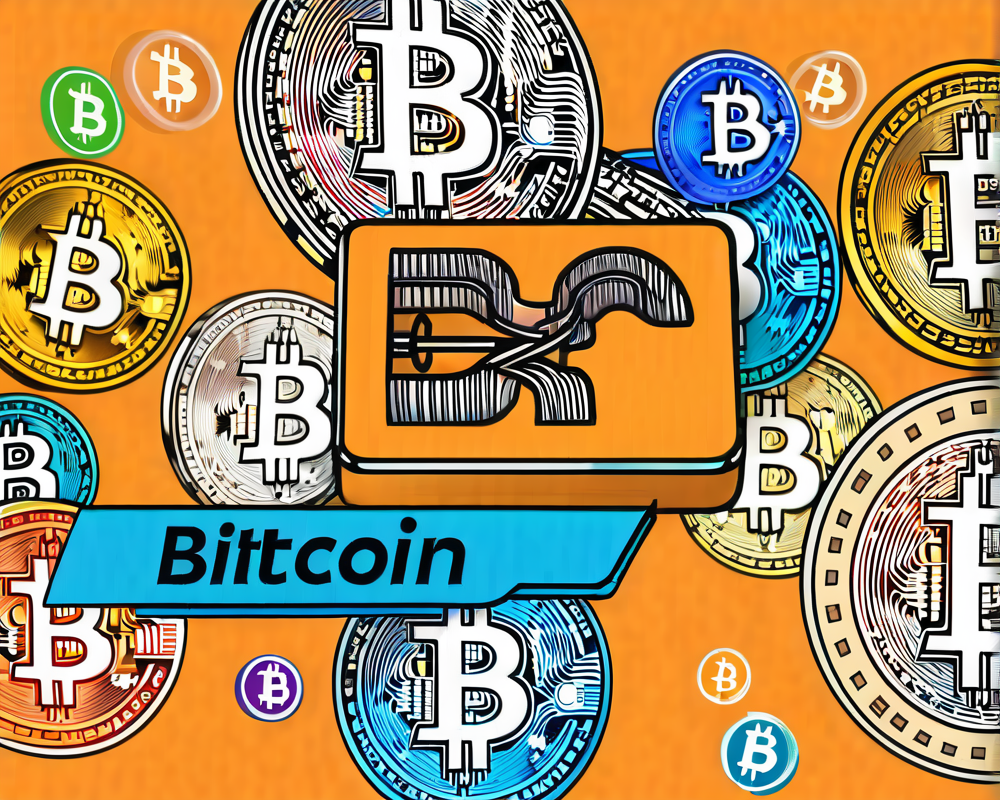Defining Virtual Currencies
In January 2016, the International Monetary Fund (IMF) revealed a fascinating paper that dives deep into the world of virtual currencies (VCs). What sets these digital assets apart? According to the IMF, they’re not simply shimmery versions of the fiat currency we know and love; rather, they have their own unit of account and are not denominated in any national currency. This distinction is crucial, as it separates VCs from digital forms of money that still rely on traditional currency systems.
The Legal Landscape of Virtual Currencies
Despite the technological leap represented by virtual currencies, the paper argues that they fall short of meeting the legal standards of currency or money. Why? Because the concept of currency is tightly linked to a sovereign nation’s ability to regulate and issue legal tender, such as banknotes and coins. So, if a virtual currency can’t claim a sovereign endorsement, does it even count as money? Spoiler alert: Not really!
Economic Roles: The Case Against Virtual Currencies
The IMF paper lays out three main economic roles that any form of currency is expected to perform: a medium of exchange, a unit of account, and a store of value. Unfortunately, virtual currencies tend to flunk this test, largely due to their notorious price volatility and the limited acceptance they enjoy—thanks to their lack of legal tender status. Imagine trying to pay for your latte with a currency that fluctuates like there’s an actual roller coaster under it! Not fun.
Distributed Ledger vs. Centralized Payment Systems
In the paper, the IMF also draws a crucial line between distributed ledger systems (think blockchain) and centralized payment systems. While the former keeps the data spread out and secure, the latter relies on a single entity to oversee transactions. This distinction becomes pivotal when discussing regulation and policy challenges in the realm of virtual currencies. It’s like choosing between a buffet (distributed) and a single chef’s surprise (centralized)—both have their pros and cons!
The Future: Challenges and Opportunities
The publication of this paper has not only stirred interest in virtual currencies but has also made it clear that there’s much more research needed. As more countries, like China with their plan to launch a digital currency, enter the digital age, the questions surrounding the viability, benefits, and drawbacks of cryptocurrencies become all the more urgent. The journey is just beginning!



